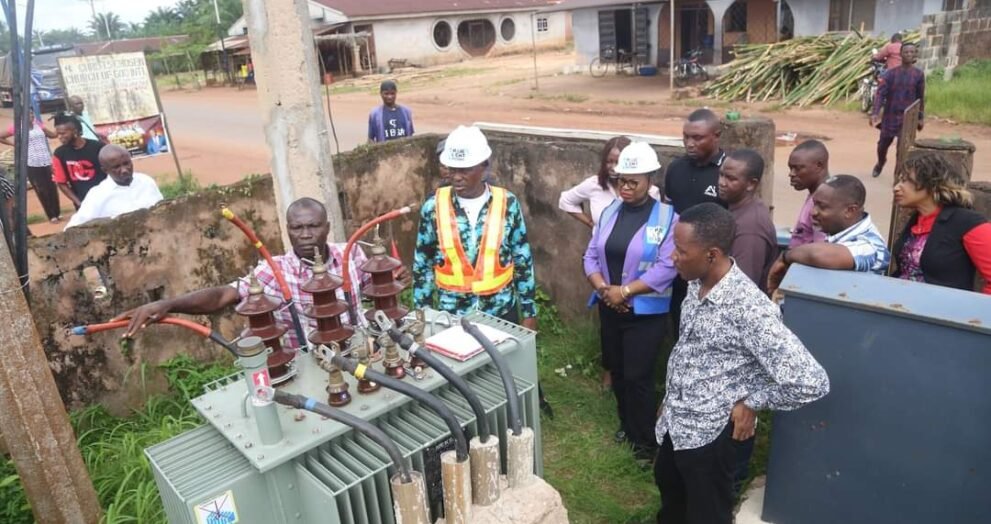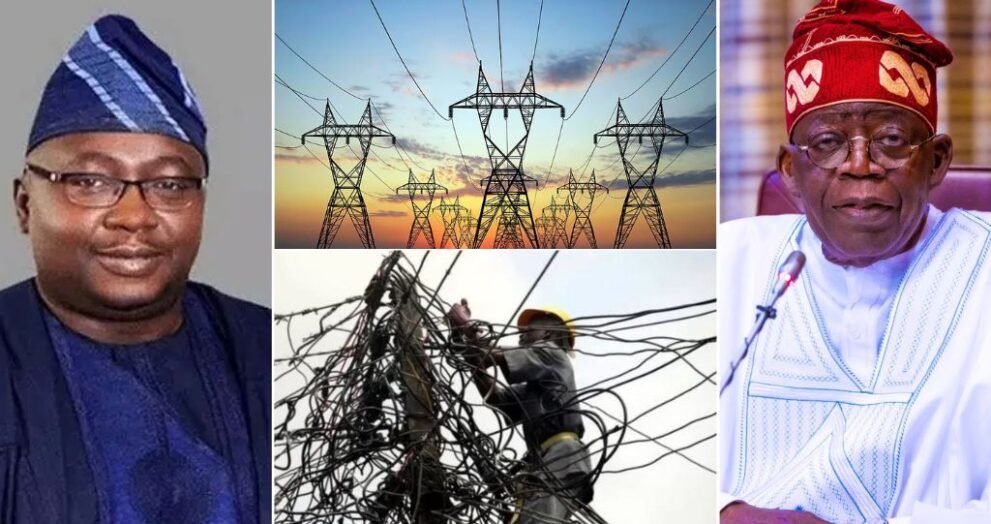ELECTRICITY RESTORED TO EKUKU-AGBOR COMMUNITY AFTER 13 YEARS OF DARKNESS
Residents of Ekuku-Agbor in Delta State’s Ika South Local Government Area celebrated a major milestone on May 10 as public power supply was finally restored to the community after 13 years of blackout. The community erupted in jubilation as homes and businesses lit up, bringing new life to the area. The people of Ekuku-Agbor attributed their joyous moment to the efforts of Delta State Governor, Rt. Hon. Sheriff Oborevwori, and Ika South Local Government Chairman, Engr. Jerry Ehiwarior. Engr. Ehiwarior, a native son of the community, played a crucial role in initiating the process to restore electricity while serving as Commissioner for Power and Energy. According to Mr. Simon Okocha, President-General of Ekuku-Agbor community, “Our community has been without electricity since 2012. One cannot quantify, in any measure, the pains and level of frustration we experienced. It was so traumatic.” Okocha expressed gratitude to God, Governor Oborevwori, and Engr. Ehiwarior for their roles in bringing electricity back to the community. Mrs. Veronica Onwumeri described the development as “very significant” for the people, saying, “You cannot imagine the frustration we had to endure for over a decade without electricity to power our homes and boost our businesses.” She thanked the governor and council chairman for giving the community a reason to celebrate. For Mr. Orunwan Chizoke, a local meat seller, the restoration of electricity is a game-changer. He had suffered significant losses due to his inability to power his freezer, but now sees a brighter future for his business. “There was no better gift from the Delta State Government than what had just happened in the community,” he said. The restoration of power to Ekuku-Agbor and neighboring communities, including Agbor-Alidinma, Obi-Agbor, and Egbudu-Akan, marks a significant milestone in the region’s development. The communities had been without electricity since 2012, and the prolonged blackout had taken a toll on their social and economic lives. Engr. Ehiwarior’s commitment to the project, even after leaving office as Commissioner, was instrumental in its completion. Community leaders have praised his dedication and the governor’s support in bringing electricity back to the area.





































































































































































































































































































































































































































































































































































































































































































































































































































































































































































































































































































































































































































































































































































































































































































































































































































































































































































































































































































































